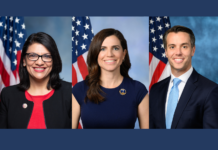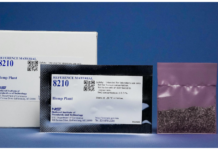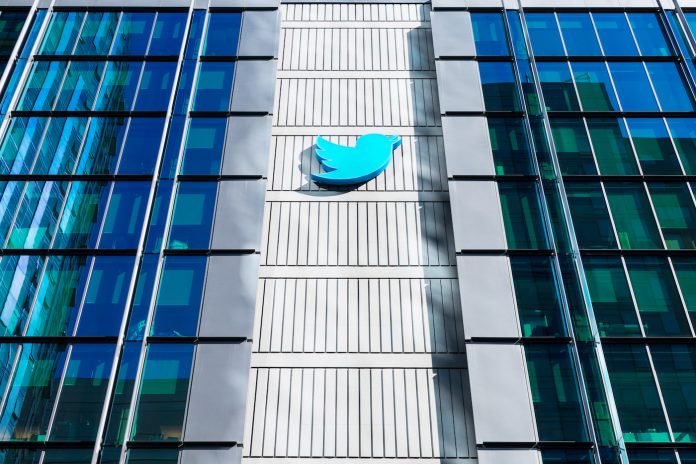SAN FRANCISCO – Twitter announced a significant update to its Drugs and Drug Paraphernalia policy that will permit approved cannabis advertisers to target adults in legal jurisdictions within the United States and Canada.
American brands will be limited to advertising hemp-derived topical CBD products, but brands operating in most Canadian provinces will be subject to far fewer restrictions. Cannabis brands including PAX have been quick to take advantage of the new advertising opportunity.
“This is a big moment, as a major advertising platform is making the decision to treat cannabis like any other consumer products category,” said Luke Droulez, VP of Marketing at PAX. “We’re excited to be among the first of Twitter’s cannabis advertising partners and be able to engage customers more directly. After decades of prohibitionist propaganda, there is an opportunity to destigmatize and normalize the plant and its use.”
In the United States, Twitter now allows approved cannabis advertisers to promote products under a few restrictions:
- Advertisers must be licensed by the appropriate authorities and pre-authorized by Twitter.
- Advertisers may target only jurisdictions in which they are licensed to promote products or services online.
- Advertisers may not “promote or offer the sale of” cannabis (including CBD and other cannabinoids) with the exception of hemp-derived topical CBD products containing no more than the 0.3-percent THC threshold set by the federal government.
- Advertisers are responsible for complying with all applicable laws, rules, regulations, and advertising guidelines.
- Advertisers may not target customers under the age of 21.
In addition, advertisements for cannabis (including CBD and other cannabinoids) must not:
- Appeal to minors in the creative. Landing pages must be age-gated, and sales must be age-verified.
- Use characters, sports persons, celebrities, or images/icons appealing to minors.
- Use minors or pregnant women as models in advertising.
- Make claims of efficacy or health benefits.
- Make false or misleading claims.
- Depict people using cannabis products or under the influence.
- Encourage transport across state lines.
In Canada, Twitter now allows approved cannabis advertisers to promote products under the following restrictions:
- Advertisers must be licensed by Health Canada and pre-authorized by Twitter.
- Advertisers may only promote informational or brand-preference content.
- Advertisers may only target jurisdictions in which they are licensed to promote products or services online. For example, advertisers may not promote such content online in Quebec or to Quebec residents who are only allowed to purchase cannabis through the Société Québécoise du Cannabis while in the province.
- Advertisers are responsible for complying with all laws and regulations. In general, advertisers are prohibited from promoting cannabis content:
- By communicating information about cannabis price or distribution.
- By doing so in a manner that may appeal to consumers younger than 18.
- By means of testimonial or endorsement, however displayed or communicated.
- By depicting a person, character, or animal, whether real or fictional.
- By presenting cannabis or any of its brand elements in a manner that associates it or the brand element with, or evokes a positive or negative emotion about or image of, a way of life such as one that includes glamor, recreation, excitement, vitality, risk, or daring.
Twitter’s global paid advertising policy still prohibits illegal drugs, recreational and herbal drugs, accessories associated with drug use, drug dispensaries, and depictions of hard-drug use. Today’s update for cannabis ads in the U.S. and Canada is considered an exception to the global policy.
Twitter’s loosening of restrictions comes on the heels of Google, which announced a minor policy change in January that allows promoting FDA-approved pharmaceuticals containing cannabidiol (CBD) and topical, hemp-derived CBD products with THC content of 0.3 percent or less in California, Colorado, and Puerto Rico.










[…] is the third major platform to revise its rules regarding promotion of cannabinoids. In February, Twitter relaxed its U.S. rules to allow promotion and sale of hemp-derived topical CBD products containing no more than the […]
[…] but cannabis brands did not contribute to that figure. And while Twitter recently became the first social media platform to allow cannabis ads in the U.S., it remains to be seen how effective access to that platform will […]
[…] cannabis community celebrated earlier this year when it was announced Twitter would begin approving some industry ads in the U.S. and Canada. Many brands believed it was a step in the right direction and that other […]